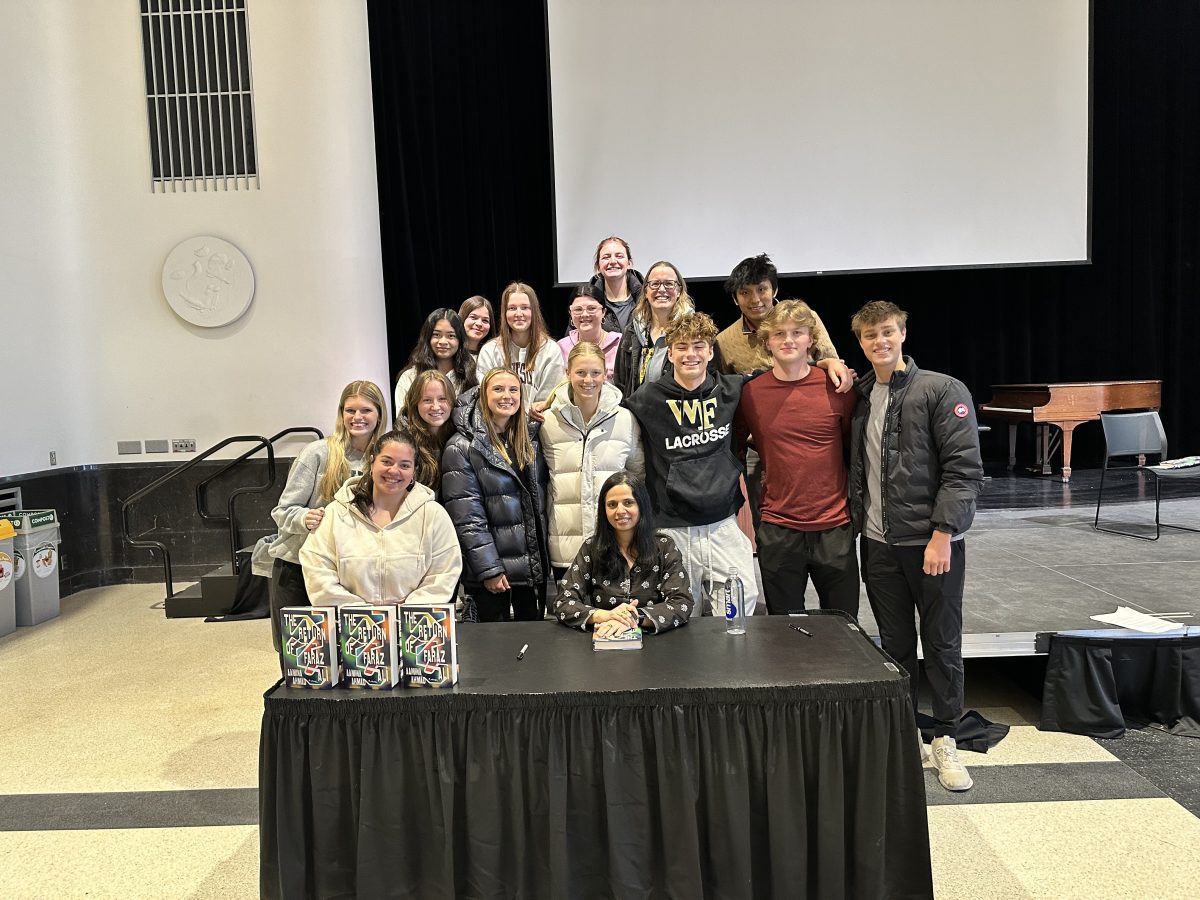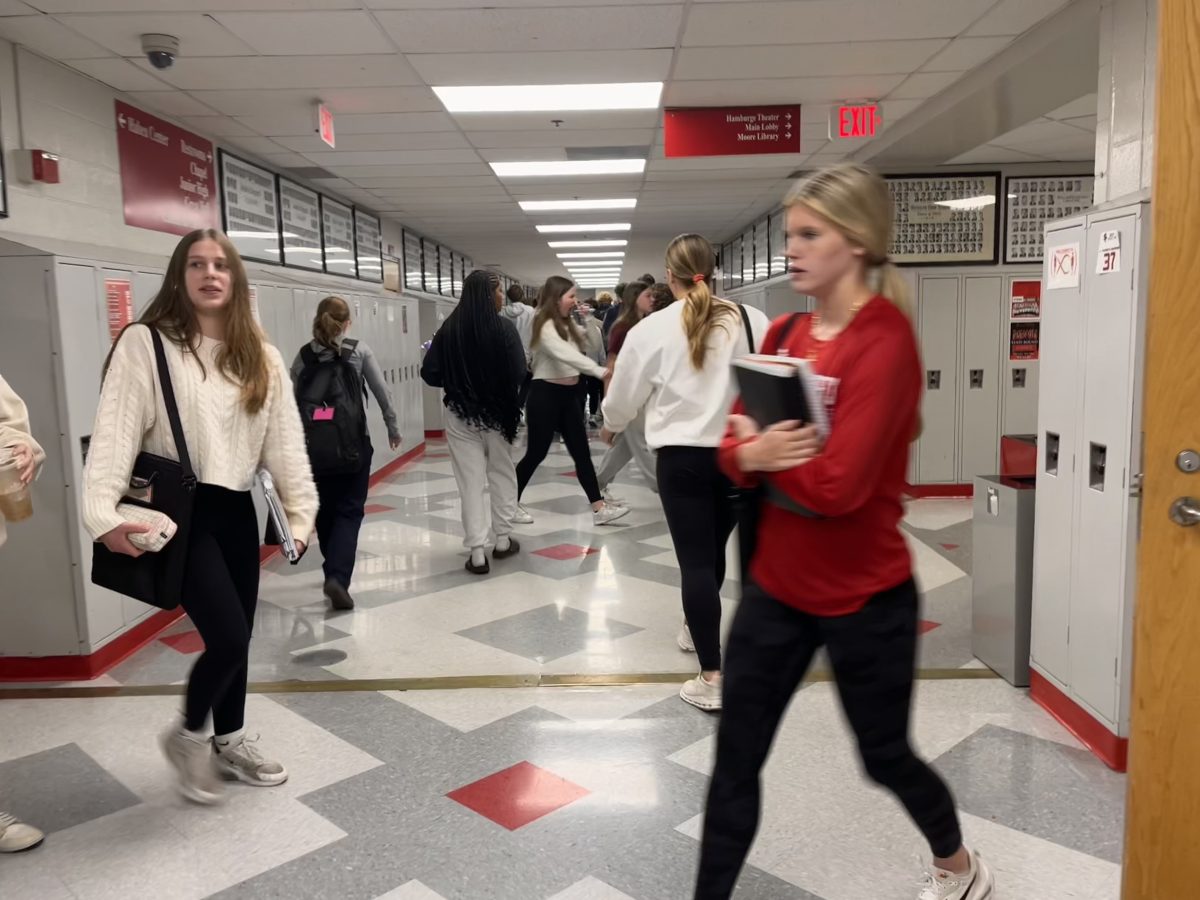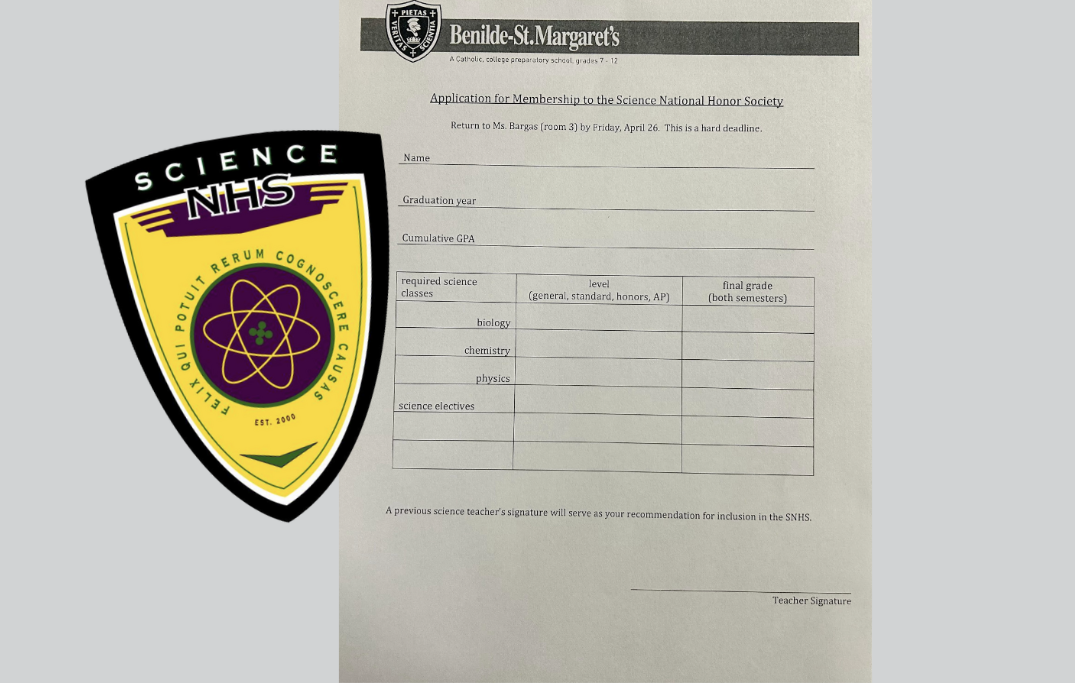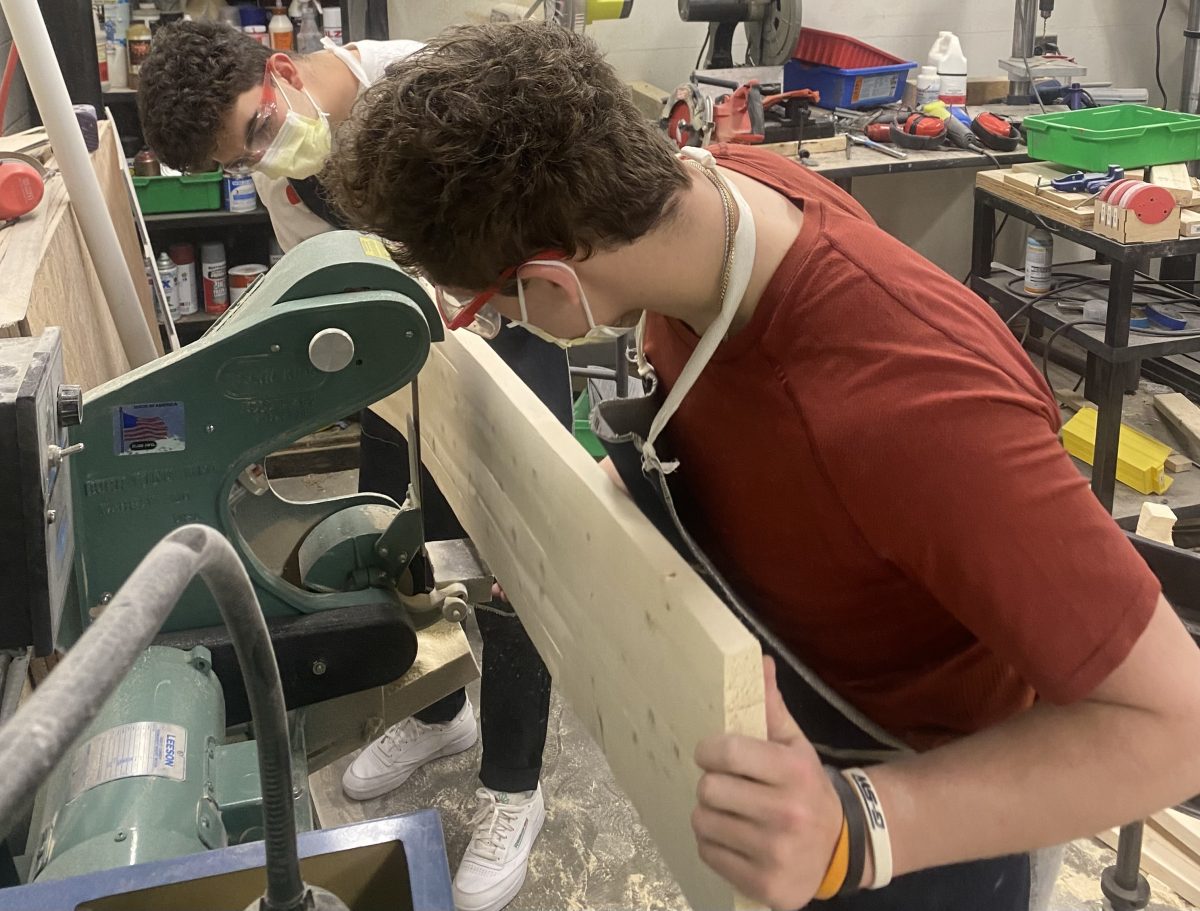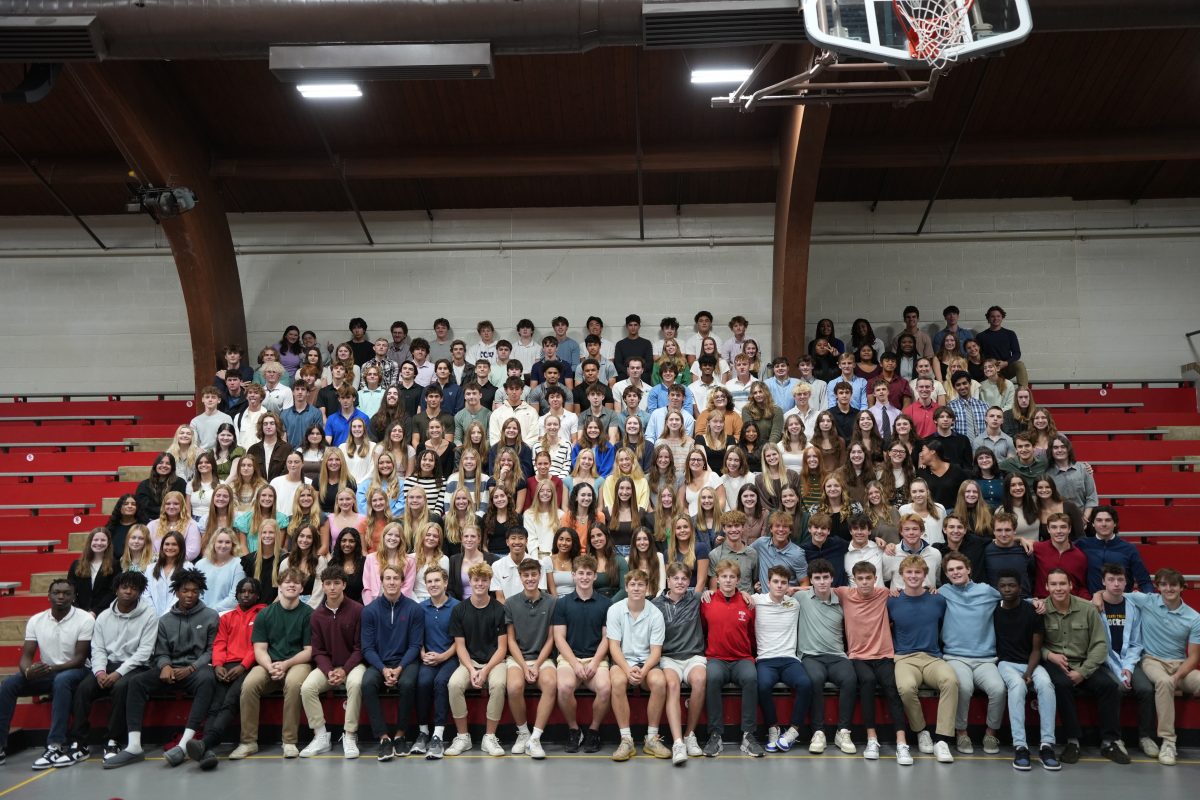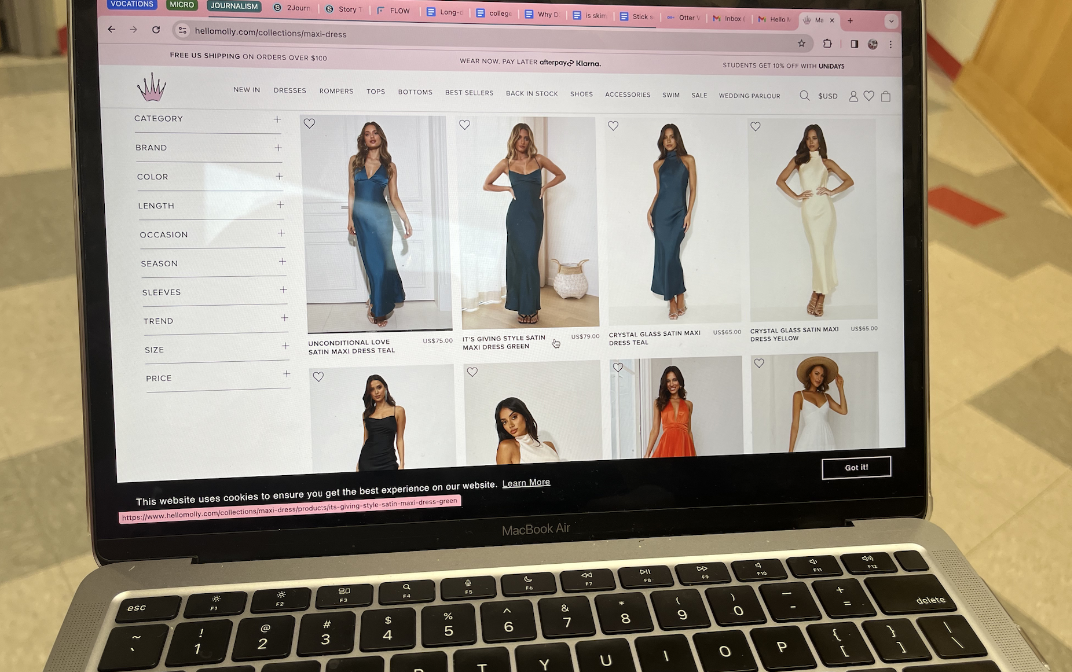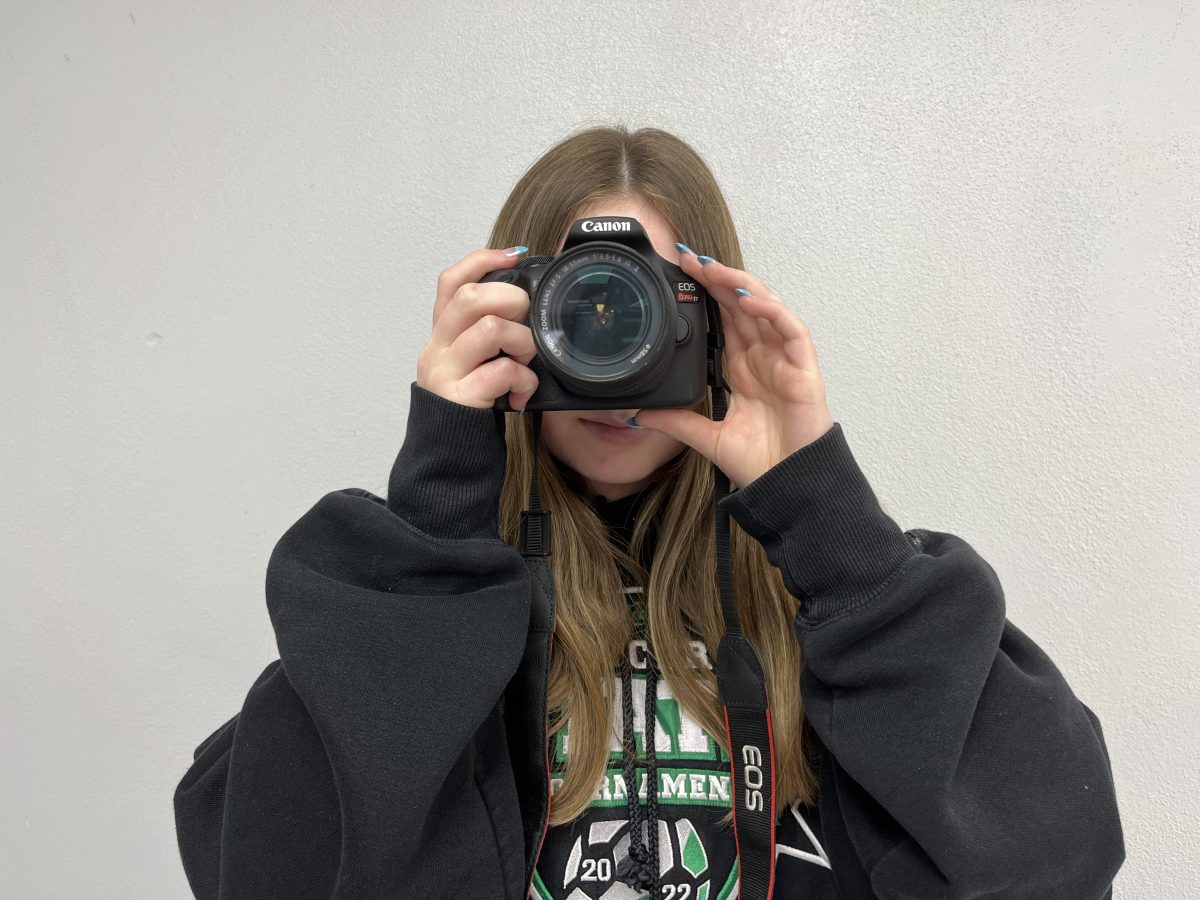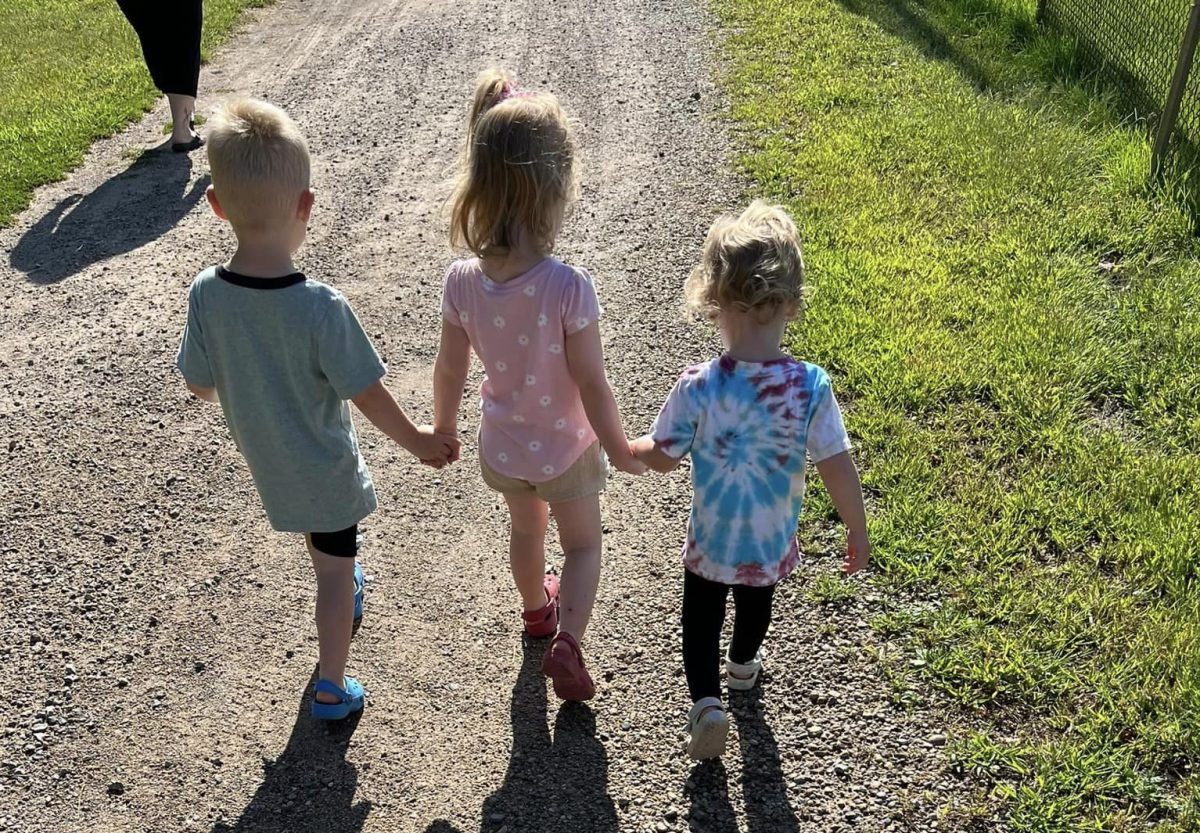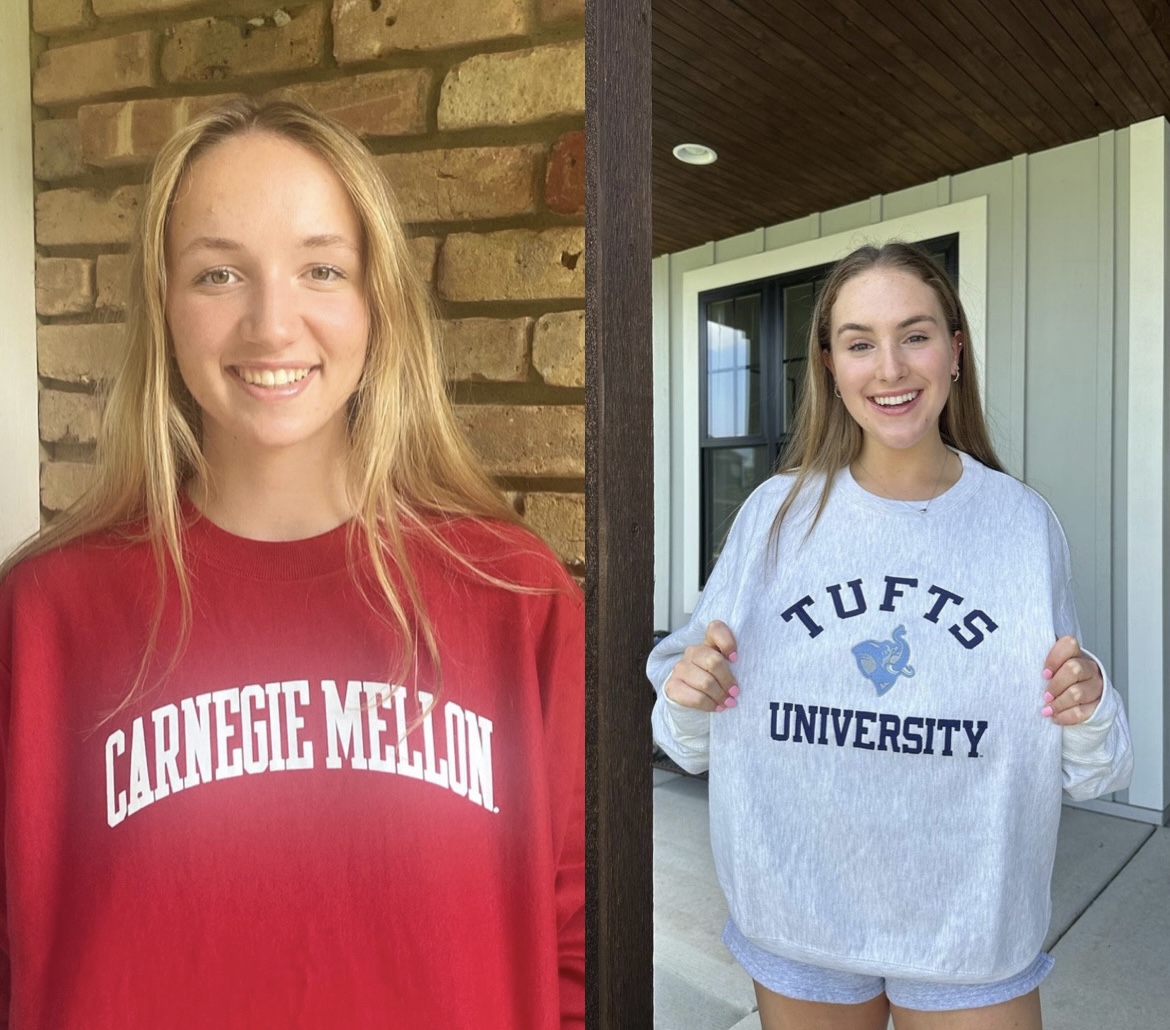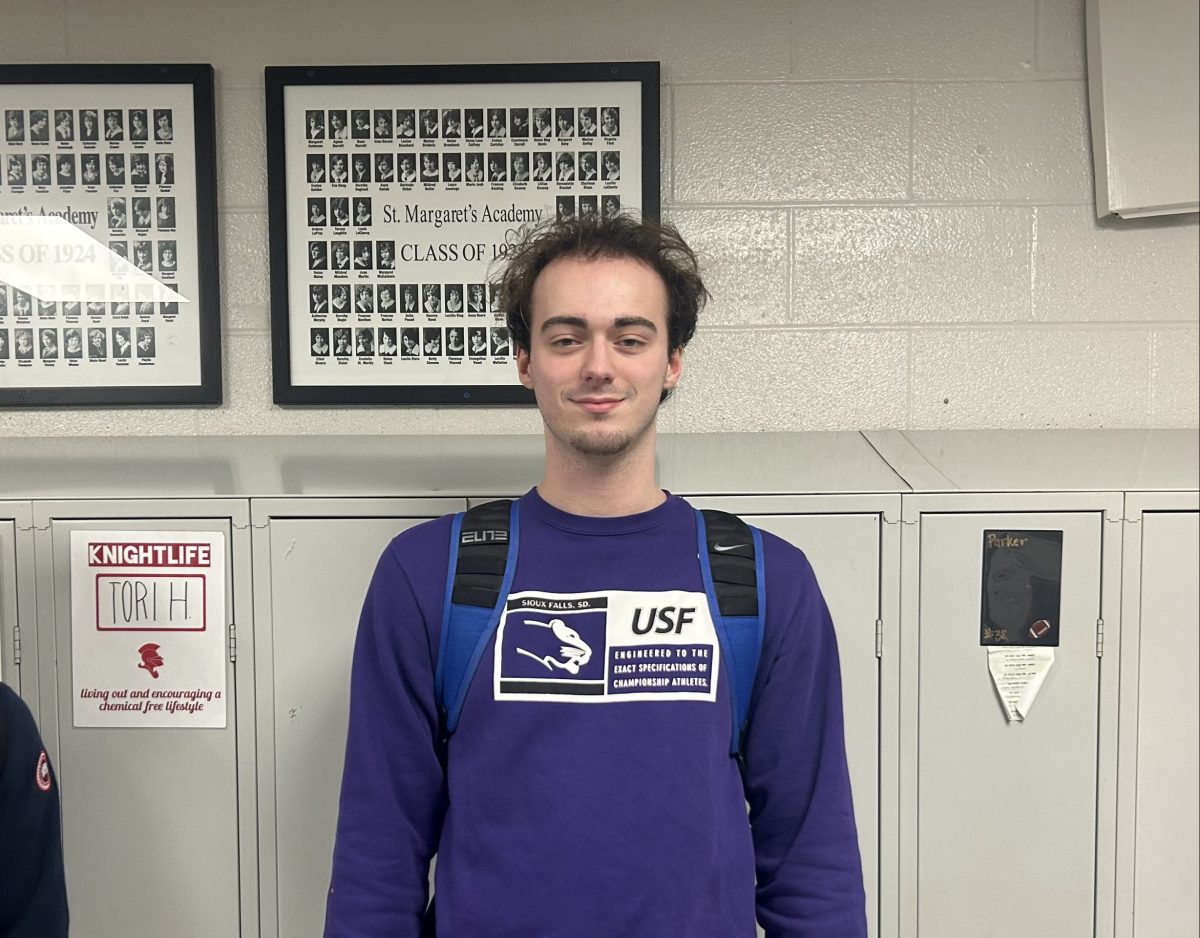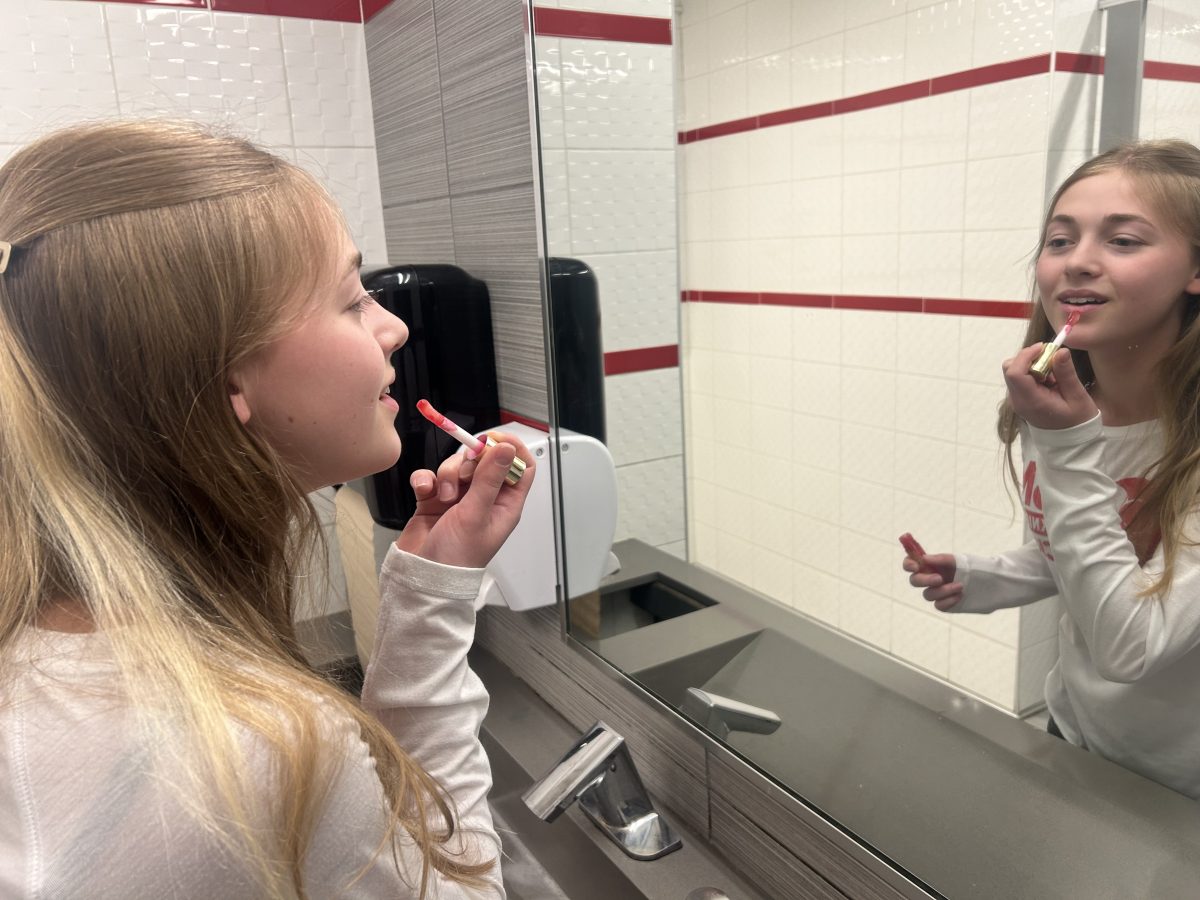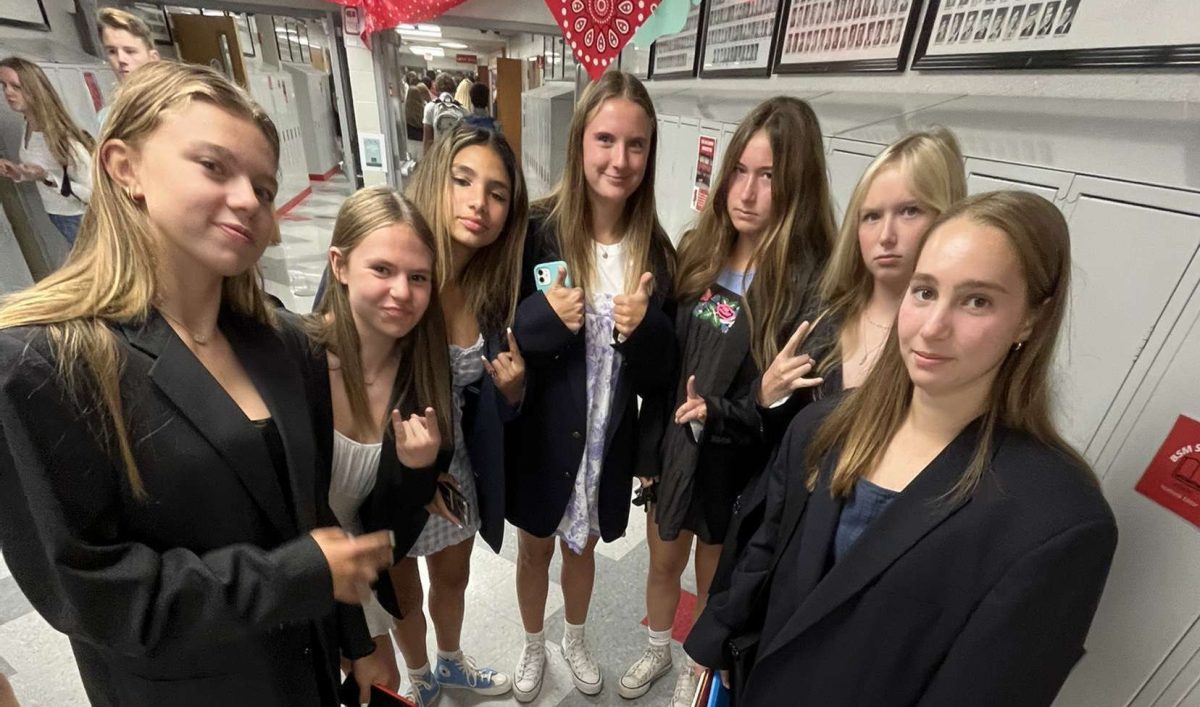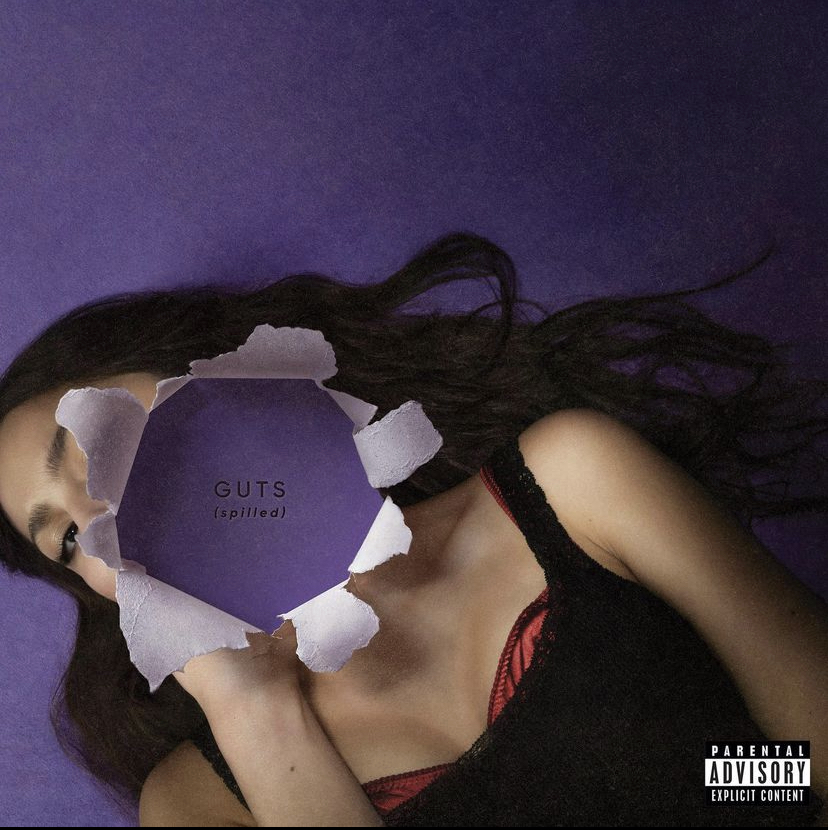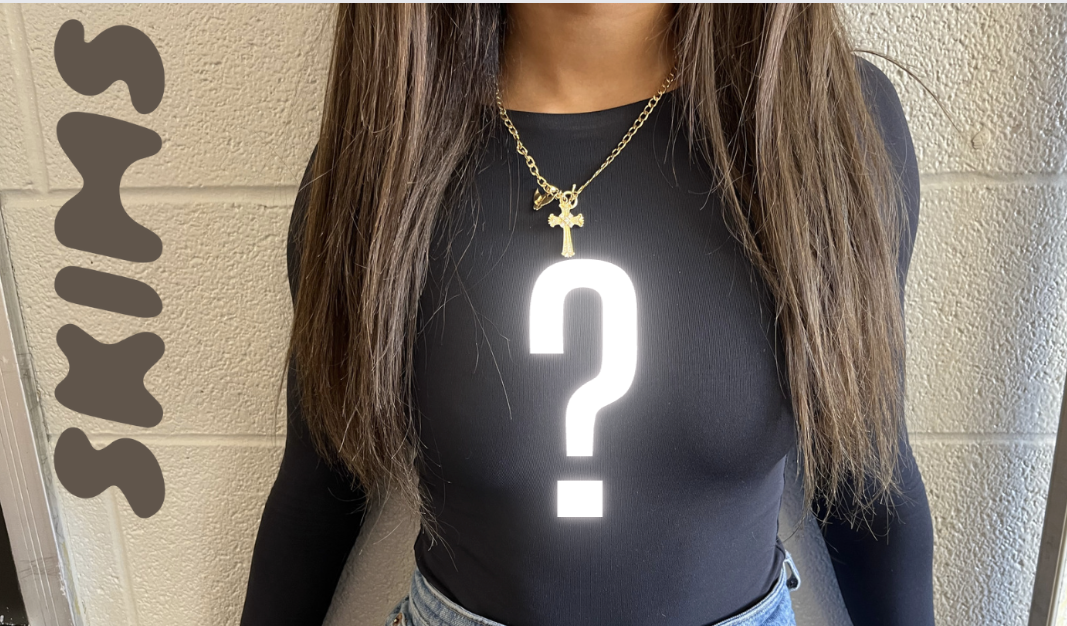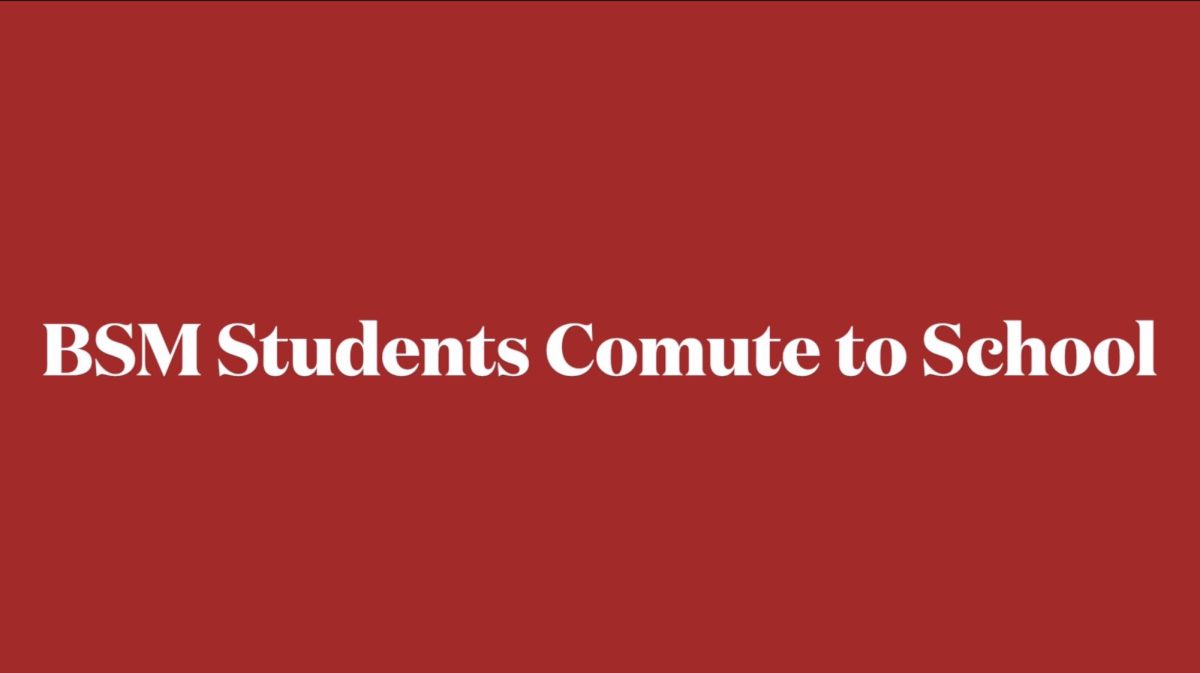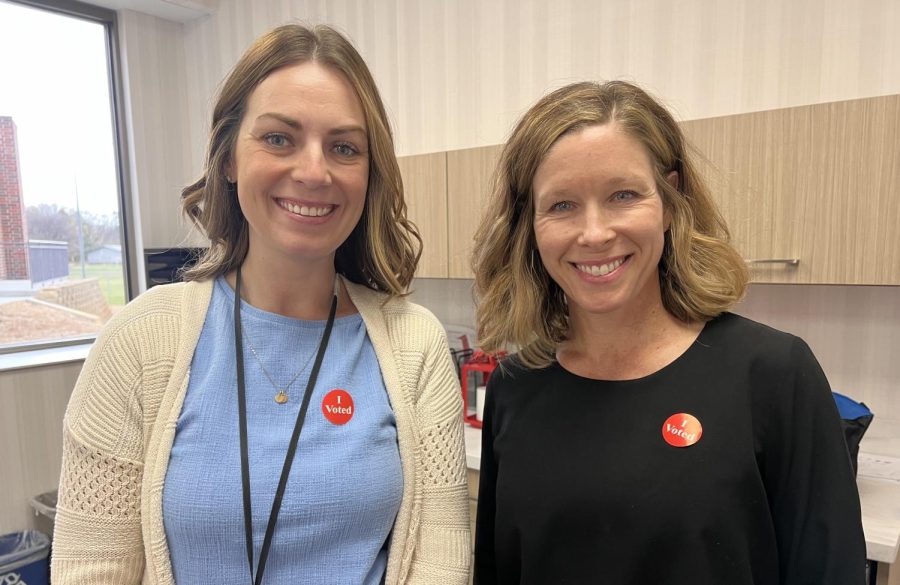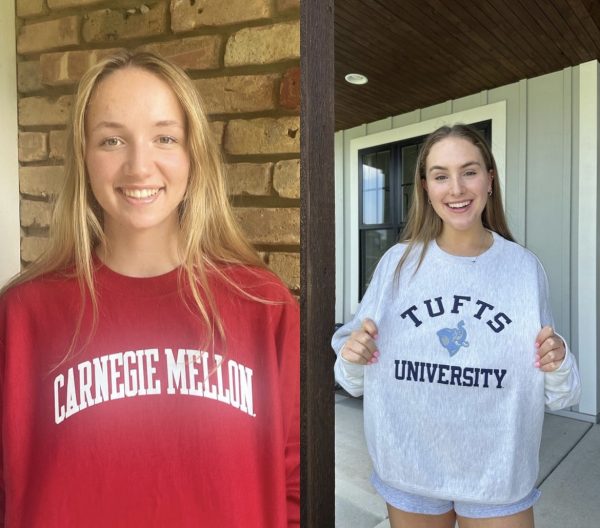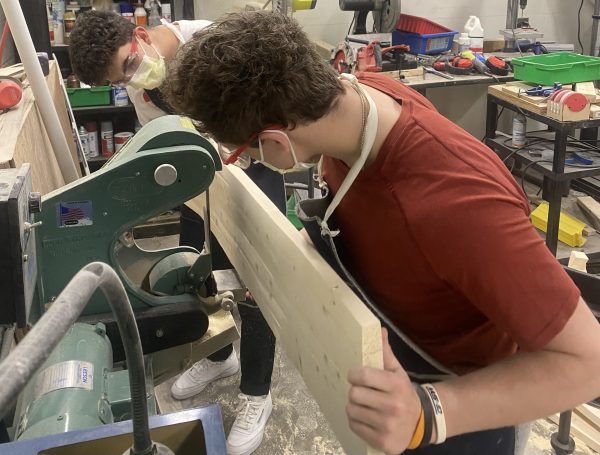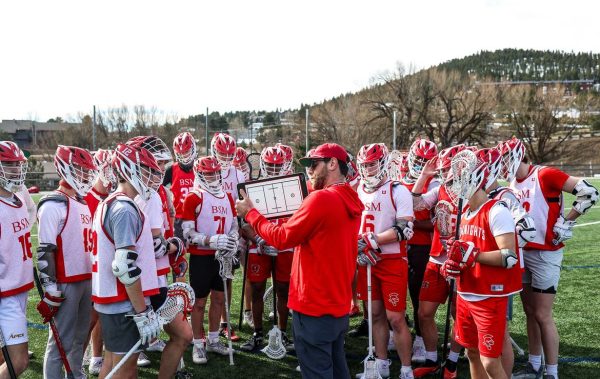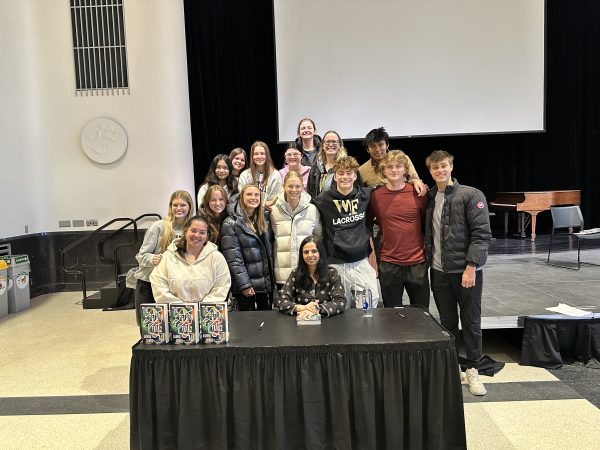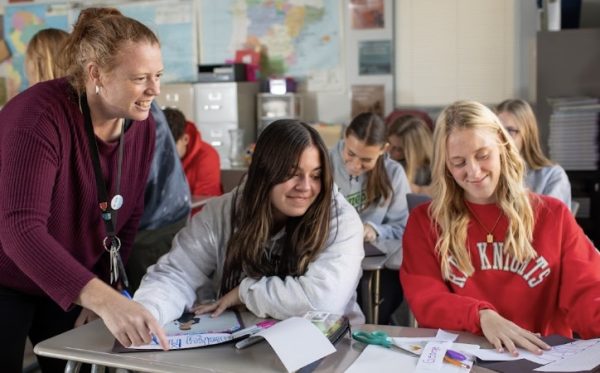What is the Political Makeup of BSM?
The political opinions of teachers and students at BSM are wide ranging.
We have to talk about the elephant in the room. But we also have to talk about the donkey, and all the other political parties that influence students’ beliefs. Politics is a subject that most people shy away from, but looking at the political makeup of BSM says a lot about what students care about.
At BSM, students hold a wide range of political beliefs; they identify with platforms that range from the traditional Republican or Democrat to third parties like the Green Party. In a survey conducted by the Knight Errant, 42.9% of students said that they identify as a Democrat, and 30.95% identify as a Republican. In addition, 7.1% identify as Independent, 5.9% don’t have a political affiliation, and 13% have other political affiliations or aren’t sure which party they identify with.
Many BSM students feel strongly about their political beliefs. Of the respondents with specific political affiliations, 58.3% identify with their party somewhat strongly or strongly and 22% are in the middle. Only about 7% said that they don’t identify very strongly with their party.
As a whole, the BSM student body has a wide variety of issues that influence their political beliefs. The most frequently reported were the state of the economy (including taxes, federal spending, and inflation), climate change, social issues (such as the rights of marginalized groups, discrimination against minorities, as well as mental health support), and abortion. Other issues that students care about include crime/safety, education, access to medical care, and gun violence.
Freshman Nico Peterson doesn’t affiliate with a specific political party but holds more liberal beliefs and agrees with the Democratic Party on social issues. Doing independent research and frequently watching the news helped influence Peterson’s views, which range from stopping gun violence to increasing access to healthcare. In addition, access to lunch is an issue that Peterson cares deeply about. “I got really upset when they took away free or reduced price lunches at public school, because I know a lot of kids need that to eat,” Peterson said.
Personally, I really care about equality issues between economic standings, gender identity, and race as well. I’m very motivated by people who would otherwise be looked over or who do not receive proper justice,
— Eleanor Hutcheson
Senior Eleanor Hutcheson doesn’t affiliate with a party either and instead holds beliefs that stem from empathy of the human experience and an understanding that everyone sees issues differently. Hutcheson believes that the basis of these beliefs is to help those who are struggling, regardless of who they are. Talking to people with different experiences in a treatment facility in Eau Claire, Wisconsin, helped Hutcheson realize that the way politics works now isn’t the way it should be. In addition, the issues that Hutcheson cares about are also connected to lifting up those who are struggling. “Personally, I really care about equality issues between economic standings, gender identity, and race as well. I’m very motivated by people who would otherwise be looked over or who do not receive proper justice,” Hutcheson said.
On the other hand, senior Brooke Nelson considers herself on the conservative side. She believes that the government is too involved in business and Americans’ private lives. For Nelson, the economy is the biggest issue. She thinks that inflation is a huge issue right now, and that government spending has contributed to the issue. Nelson’s parents influence her political beliefs, and looking at news sources also shapes her views. She wishes people of different political parties to be able to respectfully communicate about their beliefs. “You just need to take the time to actually have [a] conversation because we are willing to listen to the other parties,” Nelson said.

